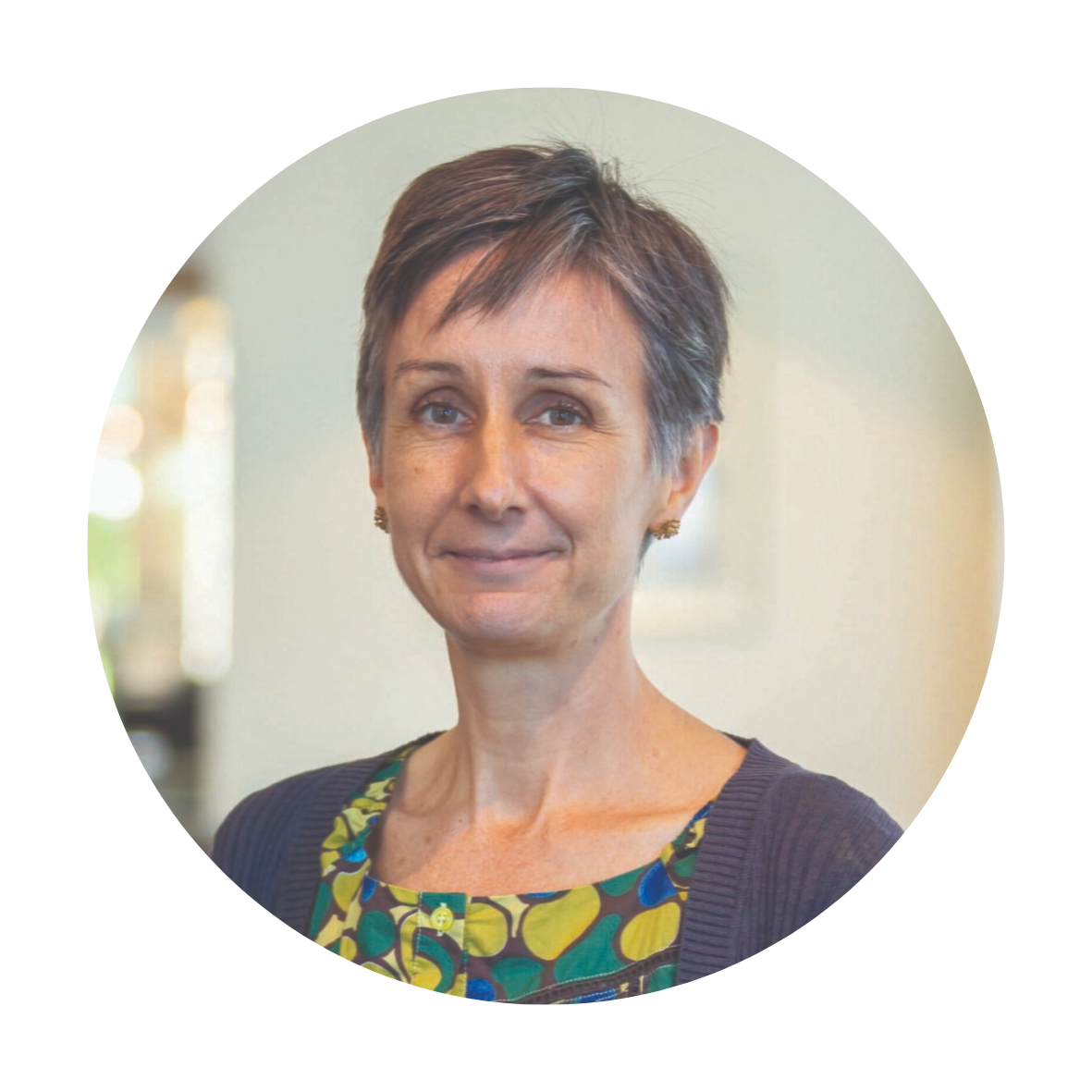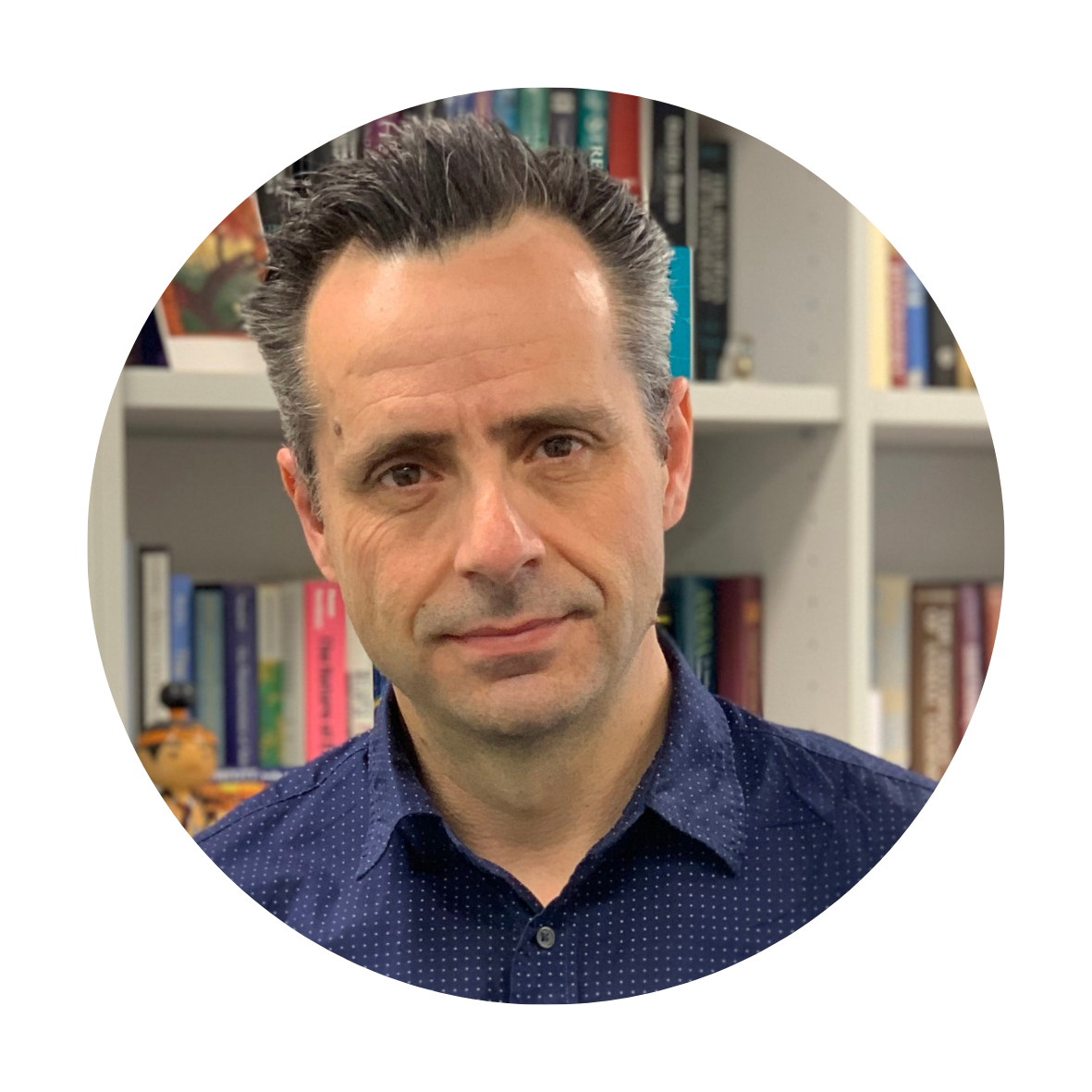Tracy Bale
The Anschutz Foundation Endowed Chair in Women's Integrated Mental and Physical Health Research at the Ludeman Center
Professor, Department of Psychiatry
University of Colorado, Anschutz Medical Campus
International Plenary Lecture

Presentation Title: Extracellular vesicles serve as dynamic cellular communicators of stress & trauma
Tracy L. Bale is the Anschutz Foundation Endowed Chair in Women's Integrated Mental and Physical Health at the Ludeman Center and Professor and Director for InterGenerational Stress and Health and the Director for Sex Differences Research in the Department of Psychiatry at the University of Colorado, Anschutz Medical Campus. She completed her Ph.D. at the University of Washington in the Department of Pharmacology, and her postdoctoral work at the Salk Institute with Dr. Wylie Vale. Dr. Bale was previously Professor of Neuroscience at the University of Pennsylvania for 15 years. Her research focuses on the role of stress in neuropsychiatric disease, and the sex differences that underlie disease vulnerability in humans using the mouse as a preclinical model. She is interested in adversity across the lifespan, including at the germ cell level and the mechanisms involved in altering brain development. Dr. Bale’s lab attempts to translate research to humans to identify those processes and biomarkers important for promoting disease risk and resilience, especially in vulnerable populations. In her Directorship roles, she engages in the community, developing collaborations and partnerships with local organizations and policy makers. She serves on many advisory boards, including the NIMH Board of Scientific Counselors, and was the recipient of numerous awards, including the Medtronic Award from the Society for Women’s Health Research and the Daniel H. Efron award from the American College of Neuropsychopharmacology. She is the current President of the International Brain Research Organization (IBRO).
Susannah J. Tye, Ph.D.
Associate Professor,
Head, Functional Neuromodulation & Novel Therapeutics Laboratory
Queensland Brain Institute and Asia Pacific Centre for Neuromodulation
The University of Queensland, Brisbane, Australia
Lawrie Austin Plenary Lecture

Presentation Title: Immunometabolic control of dopamine systems in health and disease: evolutionary perspectives and translational implications
Dr Susannah Tye is Associate Professor and Head of the Functional Neuromodulation and Novel Therapeutics Laboratory at the Queensland Brain Institute. She completed her Ph.D. in neuroscience at Macquarie University in Sydney Australia in 2008, followed by postdoctoral fellowship training in Neural Engineering in the Department of Neurosurgery at the Mayo Clinic. Following this, she served as a Senior Lecturer in the School of Psychology and Deakin University and as an Assistant Professor in the Department of Psychiatry and Psychology at Mayo Clinic, before being recruited to join the Queensland Brain Institute and Asia Pacific Centre for Neuromodulation at The University of Queensland in 2018. Maintaining her strong international collaborations, Dr Tye continues to hold Adjunct Faculty appointments in the Departments of Psychiatry at Mayo Clinic, Emory University, and the University of Minnesota which has enabled continuation of multiple precision medicine biomarker studies. Dr Tye’s long-standing research interest is in treatment refractory mood disorders and neuromodulation, and has been recognised through multiple awards, including the Queensland Bionics Prize, The University of Queensland Foundation Research Excellence Award, and NARSAD Young Investigator Award. As a translational researcher, her work bridges bench to bedside, including animal, cell-based and clinical biomarker studies aimed at uncovering mechanisms and markers of antidepressant resistance and response. Dr. Tye’s research is funded by grants from the Australian National Health and Medical Research Institute and Australian Research Council, and through multiple industry partnerships and foundations. As a faculty member and Group Leader at the Queensland Brain Institute, she supervises a team of research trainees from diverse backgrounds, across a variety of career stages, and with distinct career trajectories bridging basic science, engineering/device development, biotechnology/drug development, medicine, and clinical psychology/psychiatry fellows). Dr Tye also teaches into the University of Queensland’s integrated 4-year mental health curriculum in the School of Medicine, and is contributing towards development of the new Masters in Neural Engineering curriculum.
Jennifer Rodger
Associate Professor, BSc Bath, PhD ParisVI
Associate Professor, School of Biological Sciences
The University of Western Australia, Perth, Australia
ANS Plenary Lecture

Presentation Title: Repetitive transcranial magnetic stimulation for sceptics: how understanding mechanisms drives translation and innovation
Jenny Rodger is an Associate Professor at the University of Western Australia and Head of Brain Plasticity the Perron Institute for Neurological and Translational Science in Perth.
Her research investigates mechanisms of brain plasticity and repair, with a focus on preclinical studies of neuromodulation in injured and abnormal brain circuits, and brain-based treatments for neuropsychiatric disorders. Her lab has pioneered repetitive transcranial magnetic stimulation (rTMS) studies in preclinical models and engineered miniaturised rTMS devices to fill critical translational gaps. Her research findings have been included in clinical handbooks and guidelines, and have triggered a re-evaluation of the way rTMS is used in the clinic, leading to clinical trials in spinal cord injury, multiple sclerosis and depression.
Gavan McNally
Professor
BSc (Hon) (UNSW)
PhD (UNSW)
School of Psychology
University of New South Wales Sydney, Australia
Elspeth McLachlan Plenary Lecture

Presentation Title: How punishment shapes our actions and choices
Gavan P. McNally is Professor of Psychology at UNSW Sydney. Research in his laboratory focusses on the psychological and brain mechanisms for associative learning and their roles in health and disease. He has received the D.G. Marquis Award from the American Psychological Association, the Pavlovian Award from the Pavlovian Society, QEII and Future Fellowship of the Australian Research Council, and is an elected Fellow of the Academy of Social Sciences in Australia, the American Psychological Association, and Association for Psychological Science.
Andrew Morokoff
Associate Professor
Neurosurgeon
Department of Surgery
University of Melbourne
Eccles Plenary Lecture

Presentation Title: The search for a biomarker for brain tumours
Associate Professor Morokoff is an academic neurosurgeon at the Royal Melbourne Hospital and University of Melbourne, Australia. He trained in Melbourne and his PhD is in the biology of glioma. He completed a neuro-oncology fellowship in 2006-2007 at Harvard University, Boston and Necker Hospital in Paris. His other clinical interests are skull base surgery, epilepsy and brain-computer interfaces and his research work at the Melbourne Brain Cancer Centre focuses on liquid biopsy diagnostic approaches for glioma.
